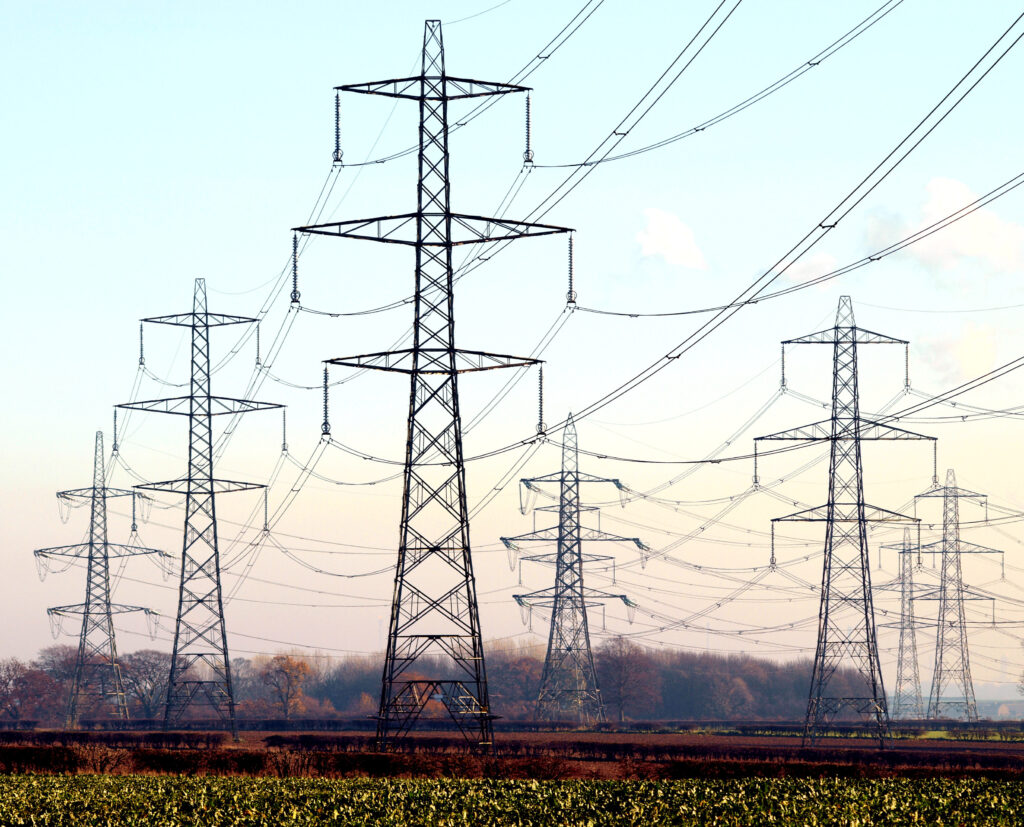In a significant milestone for Britain, Sunday marked the country’s first coal-free month since the industrial revolution.
With demand lower than normal due to the coronavirus lockdown and surging renewables, Sunday 10 May marked a full month since the polluting fossil fuel formed a part of the country’s energy mix.
This prolonged period without coal had already beaten previous records, with National Grid ESO announcing on 28 April that the country had gone over 18 days, 6 hours and 10 minutes without coal, officially longer than the previous record set in May 2019.
Since this point the trend has continued, with the last coal station to run – Drax unit 5 – switched off at 11:35pm on April 9 2020 according to EnAppSys.
National Grid ESO took to twitter to celebrate the record: “Another milestone for Britain! It’s now a #CoalFreeMonth of #electricity generation in this country as of 12am on #SundayMorning. 30 days, 7 hours and 36 minutes (727+hrs) – and counting.”
The low demand has greatly aided in greening the grid over the last month but has also led to balancing concerns for National Grid ESO. The operator applied to Ofgem last week to modify the Grid Code, clarifying its ability to switch off embedded generation, with concerns that the bank holiday weekend might require the measure in order to avoid a blackout as demand dipped even further.
Demand has been consistently low since the lockdown was first announced on 23 March, falling more than 20% lower than predicted levels. The previous bank holiday during lockdown, Easter weekend, saw a record low with just 15.2GW of demand.
Simultaneously, Britain has seen a strong renewable energy presence, with solar in particular surging.
A new record for solar generation was set on Monday 20 April, with a high of 9.68GW at around 12:30. A weekly generation record has also been set, with solar generating 485.41GWh within the week starting 20 April.
Many have hailed this period as providing a glimpse of the future, providing valuable insights into a grid dominated by renewable generation.
The month-milestone is significant for Britain’s journey to being completely coal free by 2025. The amount of coal on the UK grid has been steadily declining for years; most recently SSE closed its last coal-fired power station, Fiddler’s Ferry on 31 March. This followed RWE closing its 1.56GW Aberthaw B coal-fired power station in March as well.






